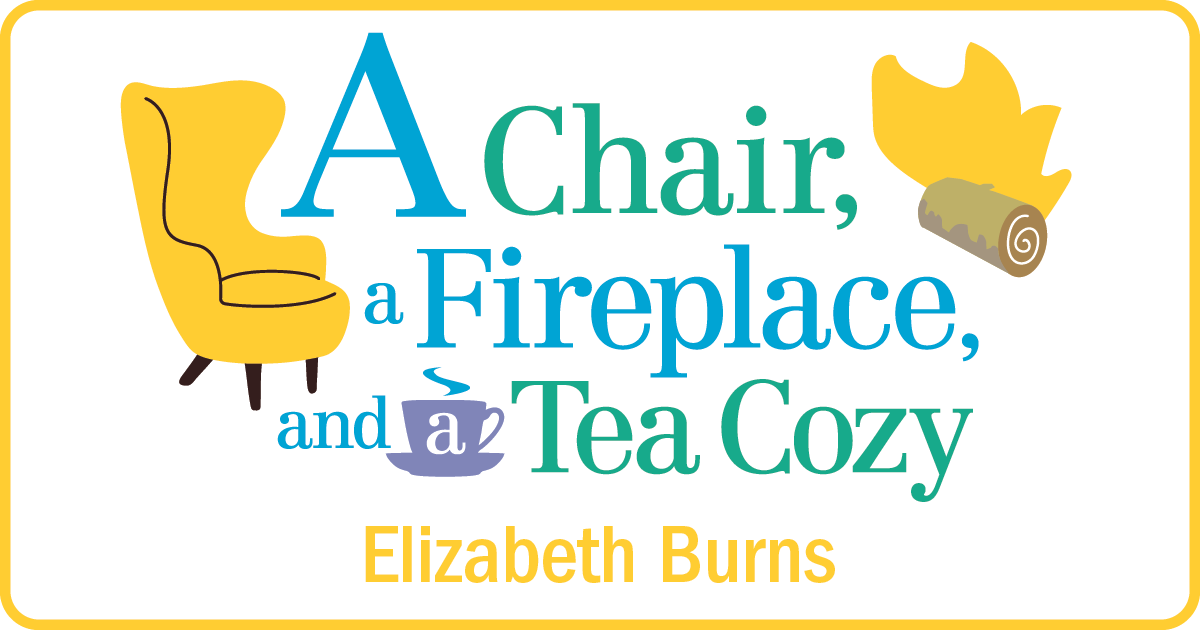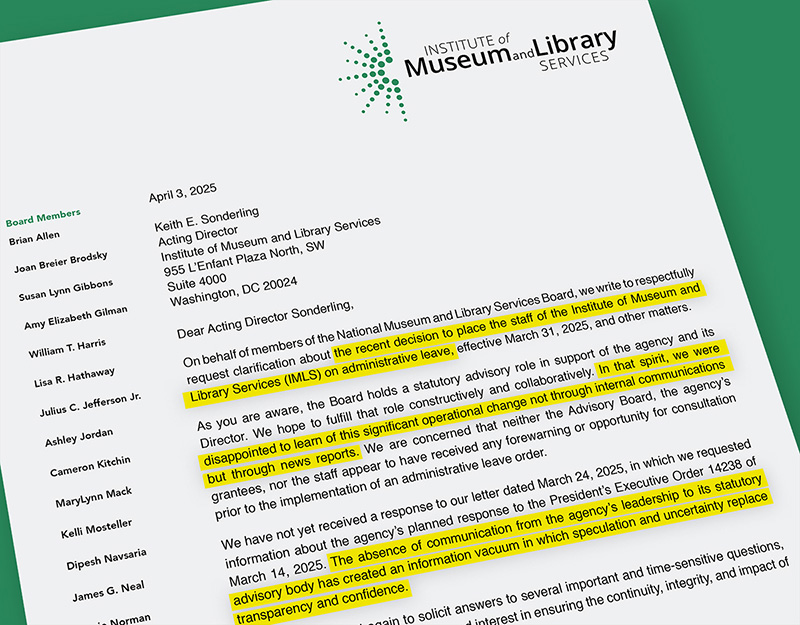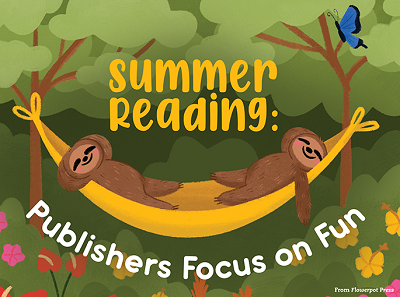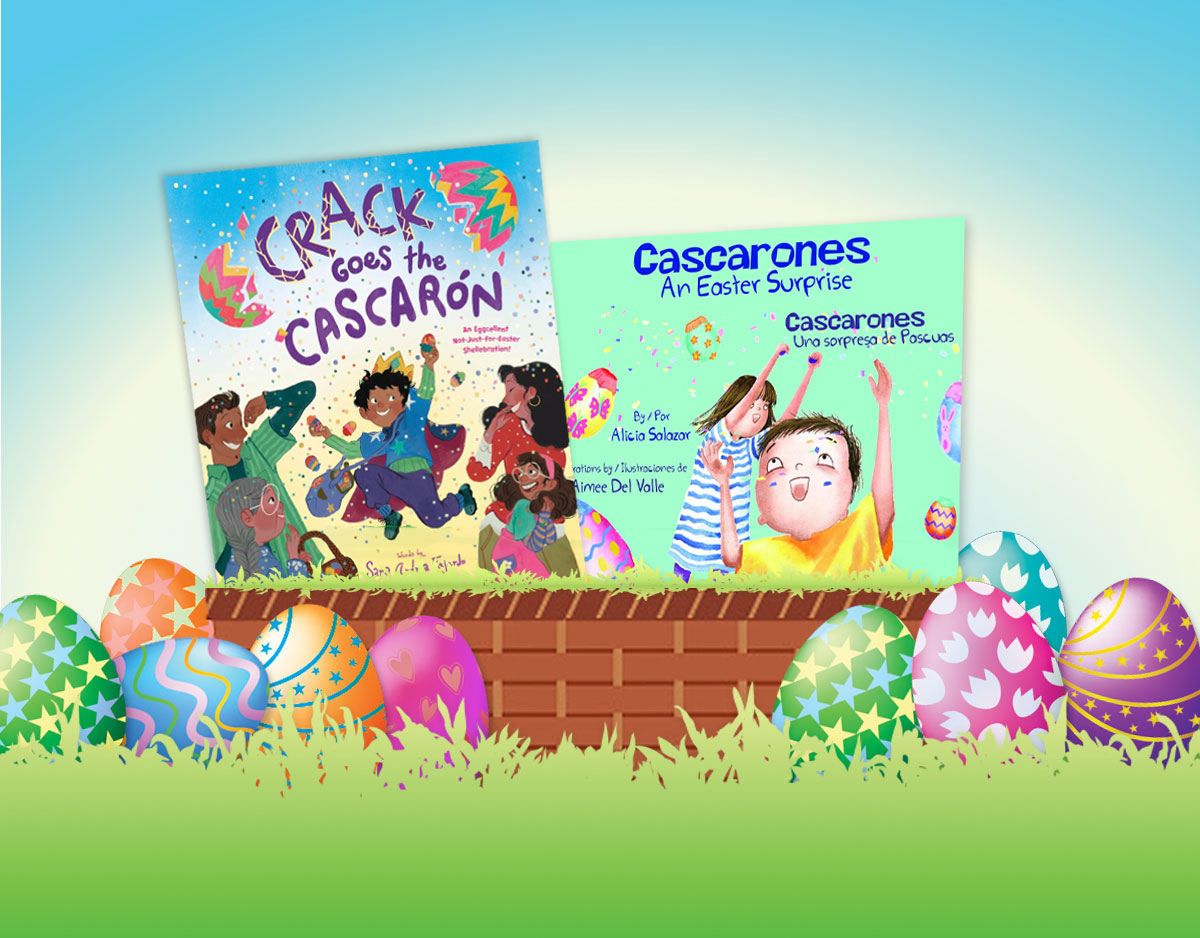SCROLL DOWN TO READ THE POST
Review: The Thing About Luck
The Thing About Luck by Cynthia Kadohata, illustrated by Julia Kuo. Atheneum Books for Young Readers. 2013. Reviewed from ARC.
 The Plot: Summer Miyamoto’s family has had bad luck the past year. Summer got malaria and was very sick; her grandmother is having painful back problems; her little brother’s only friend moved away. That doesn’t count things like flat tires. Or her parents having to fly to Japan to help take care of elderly relatives.
The Plot: Summer Miyamoto’s family has had bad luck the past year. Summer got malaria and was very sick; her grandmother is having painful back problems; her little brother’s only friend moved away. That doesn’t count things like flat tires. Or her parents having to fly to Japan to help take care of elderly relatives.
Summer and her brother, Jaz, are left with their grandparents, Obaachan and Jiichan. Bills must be paid, and money earned for the mortgage, so her grandparents are coming out of retirement to work the harvest. From May to October, the family will travel. Her grandfather will drive a combine, her grandmother will cook for the workers, and Summer will help her grandmother, watch over her younger brother, and do her homework.
ADVERTISEMENT
ADVERTISEMENT
The bad luck continues. Efforts to help Jaz make more friends backfire, Summer’s grandmother is demanding, and Summer begins to worry that her grandparents are no longer physically able to work the harvest. Can their bad luck change to good?
The Good: What a perfect middle grade book. Summer, 12, is a sympathetic heroine. When she got annoyed and frustrated with her younger brother and grandparents, I was right there with her. When she was embarrassing herself in front of her crush, I blushed for her. When she figured out a way to help her family, I cheered.
I also love how wonderfully balanced The Thing About Luck is, perfectly balanced as mirror and window. Summer is such a typical twelve year old, that readers will be able to identify with her. What may not be so typical? Her old-fashioned grandparents. Her grandmother, who hides her feelings with a brusque exterior. Her younger brother, whose anger issues shape how the family interacts with him. Her parents leaving for so long. And, of course, working the harvest. With the assistance of Julia Kuo’s illustrations, the whole process of “harvesting” a farm is explained. This is not an easy or simple job. It takes work and coordination. Anyone reading this book is going to look at their loaf of bread differently. And they may also think, “yes, I could run that combine…” because, just like Laura Ingalls Wilder, Kadohata shares tons of details and explanations of why and how a harvest works.
Because Summer is telling the story, certain details are left out when Summer doesn’t know or it doesn’t matter. Take Jaz as an example. Jaz’s only friend just left. His grandparents decided the answer is to have a LEGO party, inviting all the boys in Jaz’s class. Invitations are sent. Only three say yes. No one shows up. (As an aside, the planning of the party perfectly illustrates the family dynamics. The grandparents doing what they think is right, as opposed to what the parents were doing. How the four individuals talk to each other and plan what happens. It’s a great opening chapter.)
At first it just seems that, well, Jaz has no friends. Slowly, over the course of the book, we learn more about Jaz. It’s more than him being “invisible” to others, the type of shy, introverted kid who has a tough time making friends. “Why doesn’t anybody like me?” he asks his sister. (Books about kids who don’t make friends easily and want friends and don’t have them, that’s my soft spot and it just makes me so sad.) And that’s when Summer mentions to the reader, “He had such a bad temper that when he was angry, he sometimes banged his head on a wall or whatever was handy. And he was weird because he would do things like one time he started singing a song in the middle of a test.”
As Summer observes, her mother thinks the singing is cute, “but I doubted the kids in his class thought it was cute.” Later, Summer says that Jaz has been taken to doctors and there is no real diagnosis for Jaz, or at least not one her parents like. Instead, Summer is told to not make her brother angry.
ADVERTISEMENT
ADVERTISEMENT
It’s hard to know what, really, is Jaz’s story because this is Summer’s story and whatever she tells us is limited to her knowledge and world view. And that is part of why this is a perfect book because while I, as an adult, have questions about Jaz, most twelve year old readers won’t. What they will know is how unfair it feels that a younger sibling (or cousin or friend) “gets away” with things. Or that there is always a kid in class somehow like Jaz, who doesn’t fit in or has quirks. And they won’t care if it is or isn’t OCD or ADHD, etc. etc.
I loved how class and socioeconomics was addressed in The Thing About Luck. Summer’s family gets hired to work the harvest by people who own the combines. While Summer’s parents may want to go into business on their own one day, financially that would be tough. They are clearly the workers. Probably all you really need to know is that her grandparents, despite obvious poor health, are doing the work of people 40 years younger than themselves in order to make the money needed to pay the bills. Also – -and this is tossed off, as not important to Summer but the readers get it — Summer and her brother share a bedroom, small enough to require bunk beds.
The Parkers (the family they work for) are above them on the food chain, but they have to answer to the farmers who hire them. During the harvest, people are living in cramped trailers, eating meals together. How they all interact is fascinating to watch, especially considering the group of workers will be together, like a family, for several months. Don’t get me wrong, the Parkers are nice and friendly. They take the chance of hiring Summer’s grandparents. But it’s also their business. It’s not charity.
Summer’s grandparents were born in Japan; her mother, as well as Summer and her brother, were born in America. Details about their Japanese heritage, and what that means, are woven through the book. Some of it is when her grandparents talk about their own childhoods. Her grandmother is the group cook, so there’s also talk about food. And now, of course, I want to eat shabu-shabu. It’s not just Summer and her family; some of the workers on the team are Irish, and there’s a reference to craic that made me laugh.
The only problem I had with this book? It ended! Oh, don’t get me wrong — great ending. Perfect journey for Summer. But I want more!
Other Reviews: Twenty By Jenny; The New York Times; SonderBooks.
Filed under: Reviews
About Elizabeth Burns
Looking for a place to talk about young adult books? Pull up a chair, have a cup of tea, and let's chat. I am a New Jersey librarian. My opinions do not reflect those of my employer, SLJ, YALSA, or anyone else. On Twitter I'm @LizB; my email is lizzy.burns@gmail.com.
ADVERTISEMENT
SLJ Blog Network
One Star Review, Guess Who? (#216)
A Good Story Well Told: The Story Craft Podcast You Need In Your Life Right Now
Hikaru in the Light!, vol. 1 | Review
30 Contenders? Our Updated Mock Newbery List
See You Saturday at Teen Lit Con in Minnesota!
The Classroom Bookshelf is Moving
ADVERTISEMENT
ADVERTISEMENT







